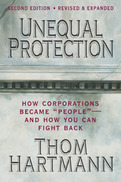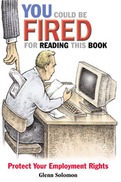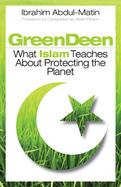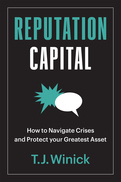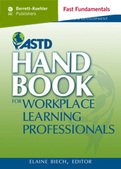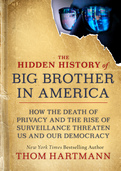2010
As employment law attorney Glenn Solomon explains, the overwhelming majority of Americans are subject to "at-will" employment: they are hired-and can be fired-at their employer's will. While there are a few specific kinds of discriminatory termination (based on age, sex, race, etc.) prohibited by law, it is difficult to prove such discrimination in court.
Solomon argues that the at-will rule is inherently unjust, since it leaves the livelihood of most Americans subject to their employers' whims. How can workers fight back? Drawing on his two decades of legal experience, Solomon discusses in detail four exceptions to the at-will rule, critiquing their effectiveness and explaining precisely how workers might be able to take advantage of them. He describes how workers can leverage what few rights they do have under the existing system, including what to consider when deciding whether or not to sue your employer and what to expect if you do decide to sue, using an actual wrongful termination case to illustrate. And he recommends an alternative to the at-will rule that protects the rights of both workers and employers.
- The rulebook for the game of work that describes how one rule, the at-will rule, trumps all the other rules and can undermine your economic security and your other employment-related rights
- Explores what options exist for getting around the at-will rule and for combating unjust "at will" terminations and presents a viable alternative that more fairly balances the rights of workers and employers
- Written by an employment lawyer with many years of experience representing both employees and employers
2010
-
The first book to show how strongly the tenants of Islam support and promote environmentalism
-
Offers dozens of examples of what Muslims can doand are already doingto promote ecologically sound practices in their communities
-
Written by a Muslim community organizer speaking directly to other Muslimsbut accessible and illuminating to non-Muslims
Islam calls believers to praise the Creator, take care of each other, and take care of the planet. But the deep and long-standing convergences between Muslim beliefs and environmentalism arent widely known by other religions, in secular society, or even among many Muslims. In this groundbreaking book, Ibrahim Abdul-Matin draws on scripture, research, and viewpoints of Muslim scholars and community leaders to trace Islams historical and contemporary preoccupation with humankinds collective role as stewards of the Earth. As Abdul-Matin points out, the Prophet Muhammad himself declared that, the Earth is a mosque.
The soul of this book is profoundly practical. Deen means path or way in Arabic. Abdul-Matin focuses on how Muslims and Muslim communities can and already are following a Green Deen in four areas: waste, watts, water and grub (food). For example, the Saudi Arabian government has issued a religious ruling making it acceptable to use treated wastewater in the holy cities of Makkah and Medina for performing the ritual washing required of all Muslims. Oakland, Californias Light House Mosque has banned the use of paper plates, Styrofoam and plastic bottles during the evening feast that breaks the daily Ramadan fast. In Chiapas, Mexico there is a Muslim community that lives entirely off the gridmanufacturing its own solar energy and growing its own organic, halal food.
No other book about the environment has been written for Muslims, in language they can relate to. No other book highlights the contributions of Muslims to the environmental movement. No other book helps environmentalists of other faiths and orientations understand the gifts that Islam brings to help the struggle. Green Deen is much needed for Muslims and non-Muslims alike.
2022
In twenty years as a television reporter, T. J. Winick covered many scandals, including the British Petroleum oil spill, the Pennsylvania State University football scandal, the Catholic priest molestation scandal, and the Toyota recall of 20092010. The biggest mistake he's seen organizations make in their crisis communication is to try to make it go away by refusing to apologize, declining to comment, or going on the attack-anything to deflect attention.
Instead, Winick argues for communicating ethically, with transparency, honesty, authenticity, and empathy. Handled correctly, the way you address an egregious violation of your standards can increase your reputation capital. It can remind people of what those standards are and how strongly you believe in them.
Drawing on his intimate insider knowledge of how the media works, Winick addresses every aspect of how to respond to a scandal. He includes the Ten Crisis Commandments-universal dos and don'ts. And he gives practical advice on who you should talk to and when, who should do the talking, how to form a crisis communication team, what tone you should strike in your message, how to work with the media, and much more.
Most Americans are worried about how companies like Facebook invade their privacy and harvest their data, but many people don't fully understand the details of how their information is being adapted and misused. In this thought-provoking and accessible book, New York Times bestselling author Thom Hartmann reveals exactly how the government and corporations are tracking our every online move and using our data to buy elections, employ social control, and score and monetize our lives.
Hartmann uses extensive, vivid examples to highlight the consequences of Big Data on all aspects of our lives. Along with tracing the history of surveillance, he shows how we got to where we are today, how China-with its new Social Credit System-serves as a warning, and how we can and must avoid a similarly dystopian future.
By delving into the Constitutional right to privacy, Hartmann reminds us of our civil right and shows how we can restore it.


